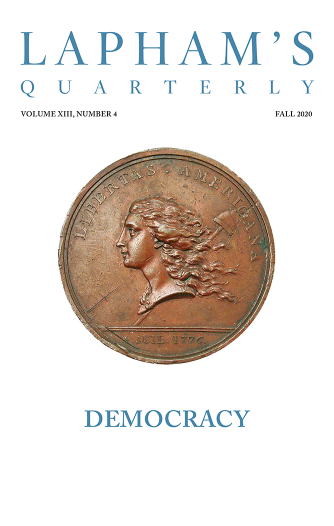We’ve recently been reviewing the language we use in our coverage of the environment, and whether the terms we use accurately reflect the phenomena they describe.
We want to ensure that we are being scientifically precise and rooted in facts, while also communicating clearly with readers on this very important issue. The phrase climate change, for example, sounds rather passive and gentle when what scientists are talking about is a catastrophe for humanity. Increasingly, climate scientists and organizations from the UN to the Met Office are changing their terminology and using stronger language to describe the situation.
Therefore, we would like to change the terms we use as follows:
Use climate emergency, crisis, or breakdown instead of climate change.
Use global heating instead of global warming.
Use wildlife instead of biodiversity (when appropriate).
Use fish populations instead of fish stocks.
Use climate-science denier or climate denier instead of climate skeptic.
The original terms are not banned, but do think twice before using them. If you think a specific term is needed to help people find your story online, then please check with the audience team.
The updates will appear in the style guide from today. Please do let me know if you have any further suggestions.
From a memo to the Guardian staff. Viner joined the newspaper as a lifestyle writer in 1997. She was promoted to features editor and deputy editor before being named the publication’s first female editor in chief in 2015. In April 2019 the Guardian began featuring global carbon dioxide levels as part of its daily weather forecast, an idea Viner attributes to a reader suggestion. “We thought it was a fantastic idea,” she said. “People need reminding that the climate crisis is no longer a future problem.”
Back to Issue




